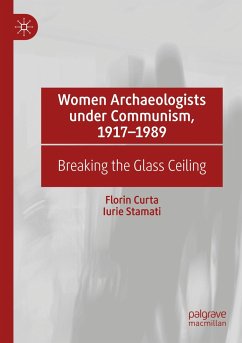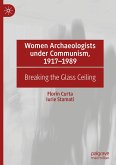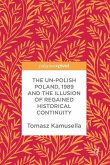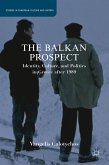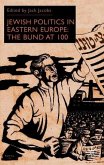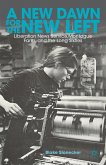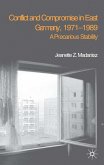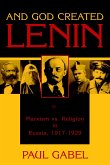This book explores the uncharted territory of the history of archaeology under Communism through the biographies of five women archaeologists from the Soviet Union, Bulgaria, Romania, Hungary, and Poland. They were working in medieval archaeology, with a specific focus on the (early) Slavs. The choice of specialists in medieval archaeology has much to do with the fact that in the five East European countries considered in this book, medieval archaeology began to develop into a serious discipline less than a century ago. The main catalyst for the sudden rise of medieval archaeology was a dramatic shift in emphasis from traditional political and constitutional to social and economic history. In five countries, the rise of medieval archaeology thus coincides in time, and was ultimately caused by the imposition of Communist regimes. The five women were therefore true pioneers in their field, and respective countries.
Bitte wählen Sie Ihr Anliegen aus.
Rechnungen
Retourenschein anfordern
Bestellstatus
Storno

